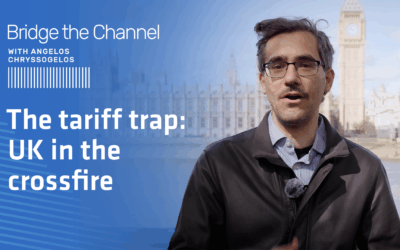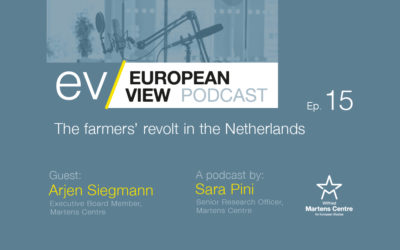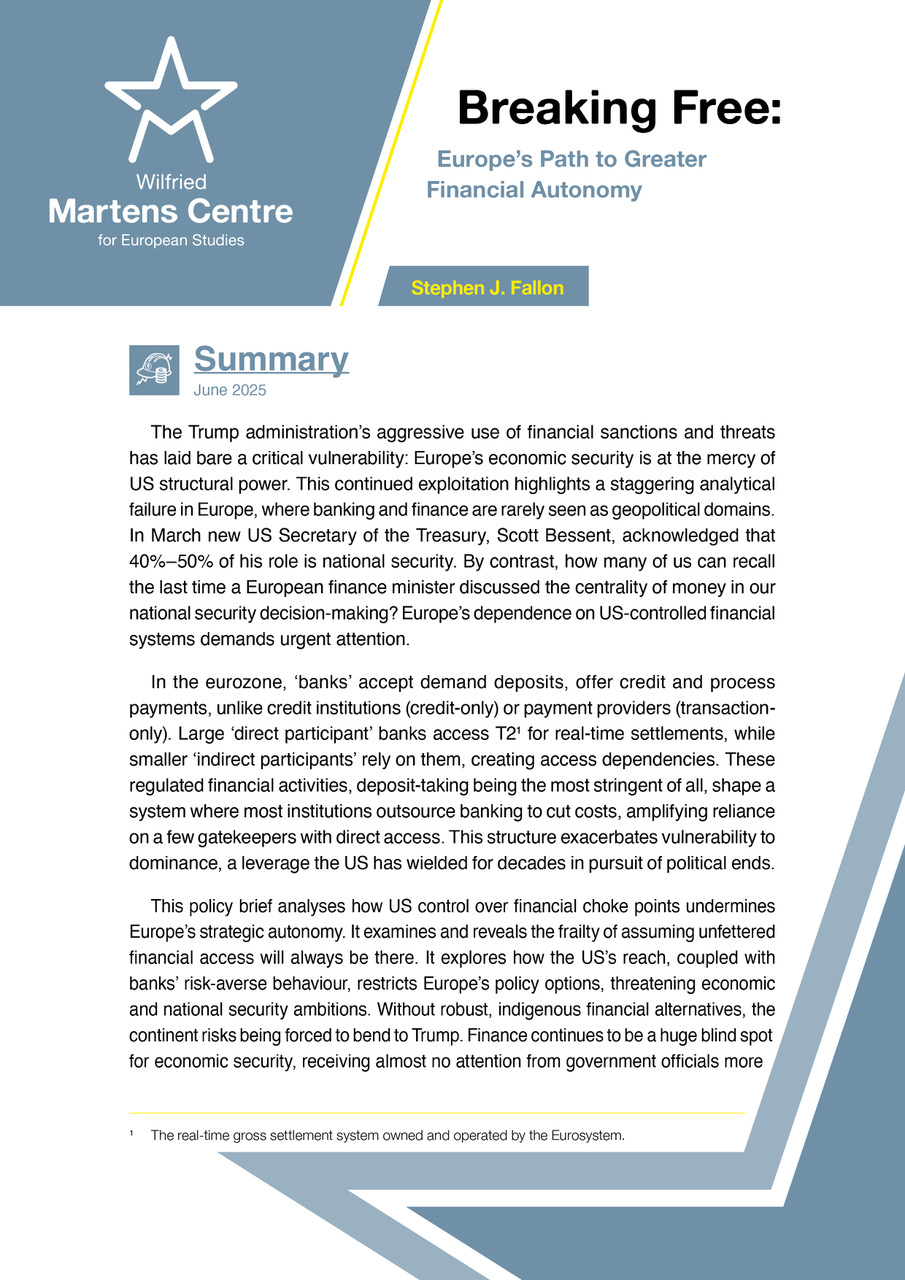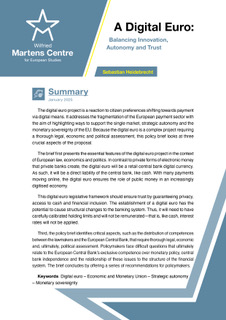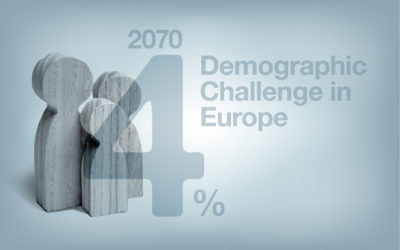How to secure a friendly Brexit?
18 October 2016

‘It would have been easy if it had been a clean break’, stated Gunnar Hökmark MEP (Moderaterna, EPP), opening the discussion. ‘The problem is that we are going to live in the same house’, he added, referring to the global issues of climate change, the need for financial and economic stability and foreign policy with China and Russia, which require European collaboration.
It would have been easy if it had been a clean break
‘How to secure a friendly Brexit?’ was a question asked in an event organised by the Wilfried Martens Centre for European Studies and Open Europe on 13 October 2016. Centre-right Swedish MEP Gunnar Hökmark and industry representatives from both the UK and continental Europe were invited to discuss what is at stake in the negotiations and the UK’s relationship to the Union after the termination of the membership. In order to achieve common goals, establishing good EU-UK relations after Brexit is important, Mr. Hökmark stated.
According to German entrepreneur Kai Büntemeyer, director of a manufacturing company Kolbus with important interests in the UK, the results of the UK referendum can already be seen in the UK’s and EU’s economies. Many investment projects are on hold. In order to prevent further damage, ‘We must help the UK to get the best possible one foot in, one foot out – deal. Anything else would be a complete disaster’, he argued. Britain should not be punished by hard Brexit terms.
The British panellists Parisa Smith (Director of EU Affairs, BBA) and Stephen Booth (Director, Open Europe) agreed that there is a lot at stake when it comes to geopolitics and economic consequences. However, according to Mr. Booth, it is important to remember that ‘the public in the UK has decided to reject political integration, not engagement in wider challenges facing Europe’. The result of the vote should ultimately be respected. The next step is for both parties to establish what kind of relationship they wish to maintain before focusing on the details of the Brexit terms. After that, Ms. Smith noted, the negotiators must stay pragmatic and work together to find a beneficial deal for both sides.
In the Q & A part of the event, the potential model for the post-Brexit EU-UK relationship was discussed. The already existing examples of Iceland and Switzerland were not seen favourably among the panellists, as the UK specificities seem to require an innovative model.
An important conclusion was that Brexit should be understood as the sign of an anti-globalisation trend currently taking hold of Europe and the West. For Mr. Hökmark, the key issue from now on is to fight populism. The success of Britain’s leave campaign demonstrates that appealing to the emotions of the public is a powerful tool. In an effort to come to a friendly Brexit, we should not underestimate the role of emotions and the need for decisive leadership.


